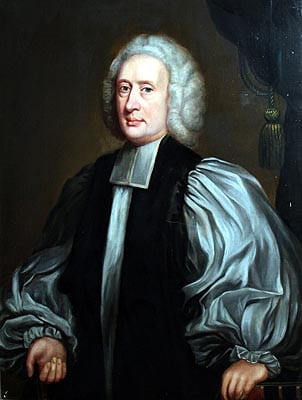Butler: All of the evidence taken together
[T]he truth of our religion, like the truth of common matters, is to be judged of by all the evidence taken together. And unless the whole series of things which may be alleged in this argument, and every particular thing in it, can reasonably be supposed to have been by accident (for here the stress of the argument for Christianity lies); then is the truth of it proved; …
Read More


